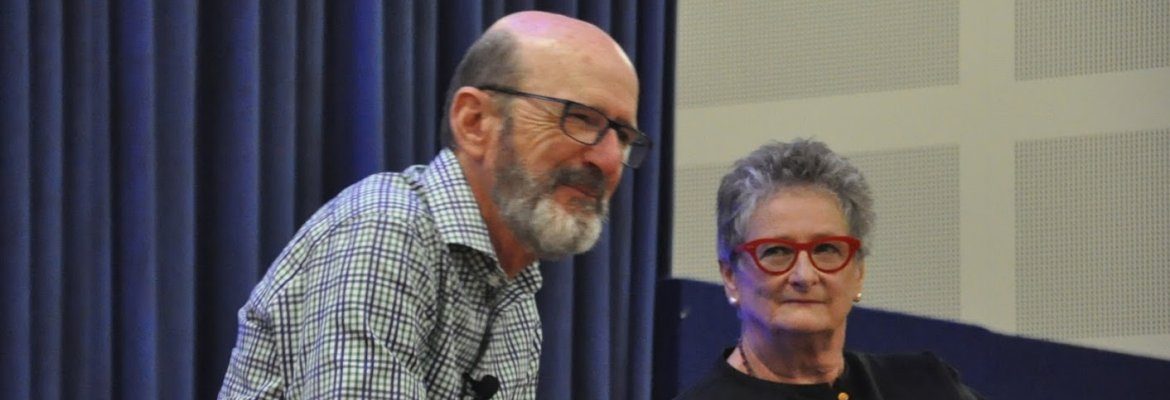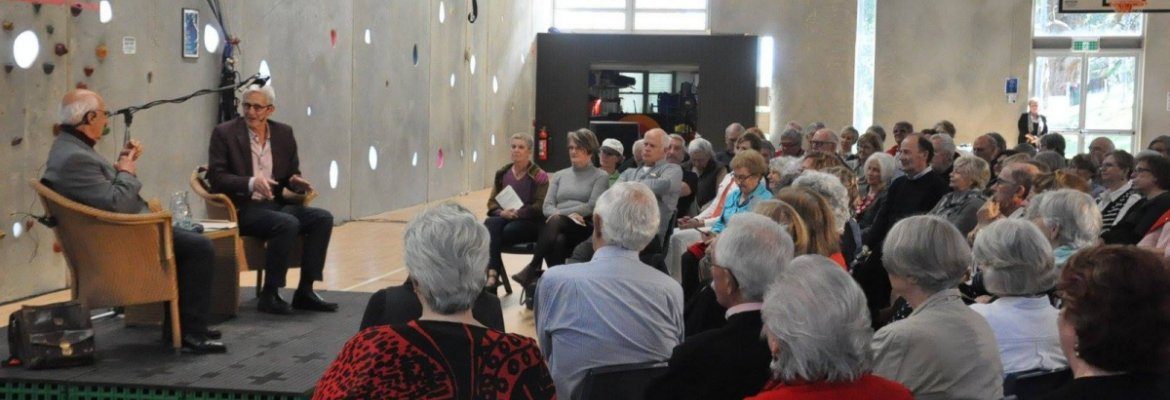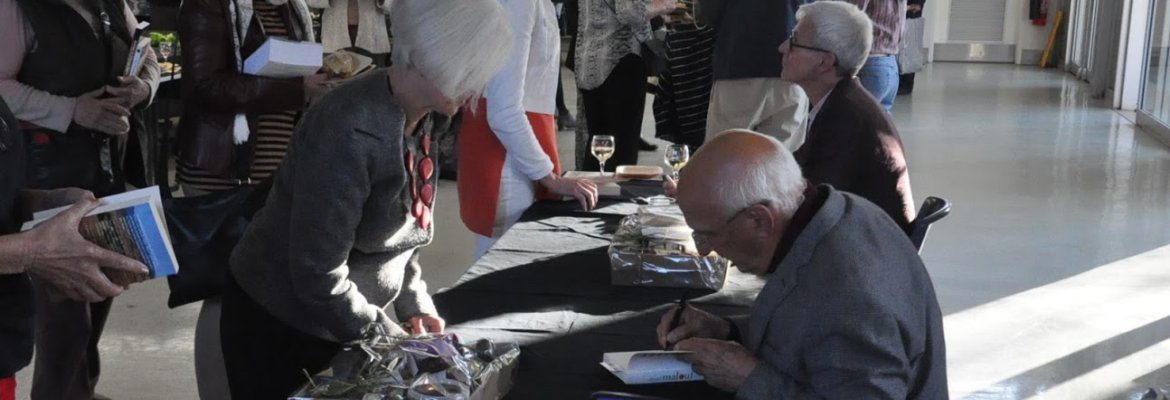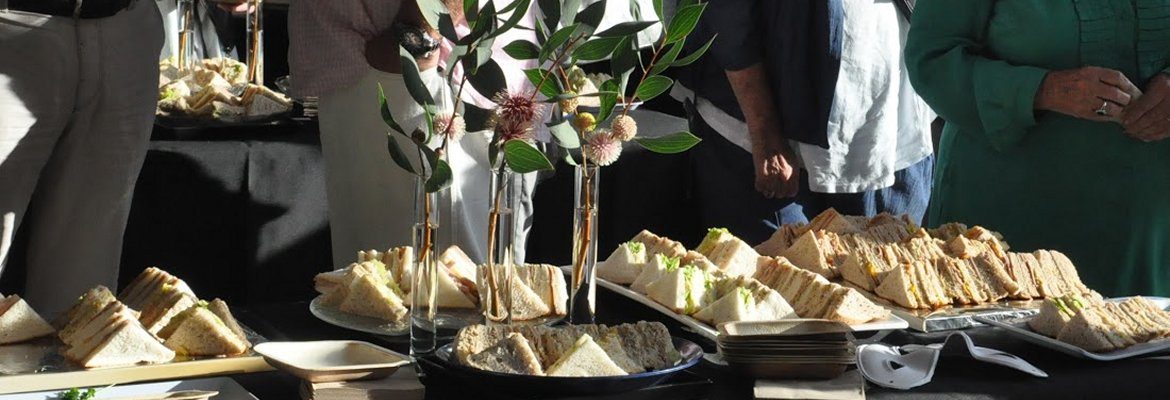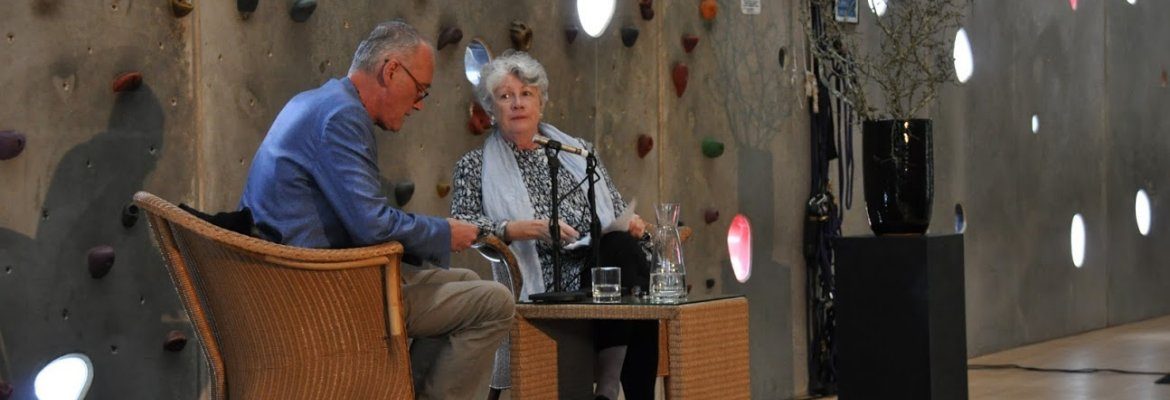Taster: A Desperate Passion
An Autobiography
By Helen Broinowski Caldicott
When I was nineteen, I read a book that changed my life. It was a novel, barely read these days, called On the Beach, by the  Australian writer Nevil Shute (later made into a popular film). It tells the story of the final months in the lives of five people living in a world doomed to be destroyed by radiation after a nuclear war that had begun by accident in the Northern Hemisphere.
Australian writer Nevil Shute (later made into a popular film). It tells the story of the final months in the lives of five people living in a world doomed to be destroyed by radiation after a nuclear war that had begun by accident in the Northern Hemisphere.
“Couldn’t anyone have stopped it?”
“I don’t know…. Some kinds of silliness you just can’t stop,” he said. “I mean, if a couple of hundred million people all decide that their national honour requires them to drop cobalt bombs upon their neighbour, well, there’s not much that you or I can do about it. The only possible hope would have been to educate them out of their silliness.”
“But how could you have done that, Peter? I mean, they’d all left school.”
“Newspapers,” he said. “You could have done something with newspapers. We didn’t do it, no nation did because we were all too silly. We liked our newspapers with pictures of beach girls and headlines of indecent assault, and no Government was wise enough to stop us having them that way. But something might have been done with newspapers, if we’d been wise enough.”
Something might have been done with newspapers, if we’d been wise enough.
Shute’s story haunted me. Millions of words have since been written about nuclear war and its consequences, and much of the literature is more horrific and emotive than anything Nevil Shute wrote or perhaps even imagined. But his novel was set in Melbourne, the city where I had grown up. It described places I knew, devastated by nuclear catastrophe. Nowhere was safe. I felt so alone, so unprotected by the adults, who seemed to be unaware of the danger.
She passed the grammar school away on the left and came to shabby, industrial Corio, and so to Geelong, dominated by its cathedral. In the great tower the bells were ringing for some service. She slowed a little to pass through the city, but there was nothing on the road except deserted cars at the roadside. She saw only three people, all of them men…. At the end she turned left away from the golf links and the little house where so many happy hours of childhood had been spent, knowing now she would never see it again.
I had already decided to be a doctor, and I came from a family who encouraged me to believe that if I worked hard, I could do anything. But after reading On the Beach, I knew I wouldn’t just go through medical school and settle into a nice, cosy, well-paid niche somewhere, as doctors in Australia were apt to do. I wanted a husband and a family, certainly, but somewhere in me was a conviction that I had other work to do as well.
When I read On the Beach, I started to realise what that work might be. Continued
September Conversation features Kerry O’Brien and Dr Helen Caldicott
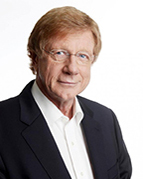
Kerry O’Brien, one of Australia’s most distinguished journalists and Dr Helen Caldicott, physician and noted anti-nuclear campaigner, will appear together in a Berry Conversation on Sunday, September 16 at the Berry Public School Hall.
Winner of six Walkley Awards, including the Gold Walkley, Kerry O’Brien was the editor, presenter and interviewer for the 7.30 Report over fifteen years; the presenter and interviewer at Four Corners for five and at Lateline for six. His acclaimed four-part interview with Paul Keating was broadcast by the ABC in 2013 and appeared in book form in 2015.
He has interviewed many world leaders including Barack Obama, Nelson Mandela, Mikhail Gorbachev, Margaret Thatcher and Tony Blair, as well as any number of influential figures in the arts, science and business. For two decades he was also the face of the ABC’s election night coverage.
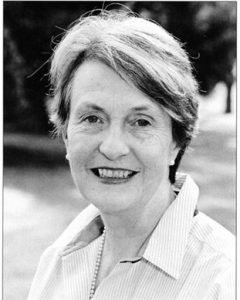
Helen Caldicott, a graduate of the University of Adelaide School of Medicine, was a faculty member of Harvard Medical School. In 1971, she played a major role in Australia’s opposition to French atmospheric nuclear testing in the Pacific.
While at Harvard in the early 1980s she helped to reinvigorate, as its president, Physicians for Social Responsibility, an organization of 23,000 doctors committed to educating their colleagues about the dangers of nuclear power, nuclear weapons and nuclear war. On trips abroad she helped start similar medical organizations in many other countries; their umbrella group, International Physicians for the Prevention of Nuclear War, won the Nobel Peace Prize in 1985. She also founded the Women’s Action for Nuclear Disarmament (WAND) in the US in 1980.
The author or editor of eight books, she has been the recipient of many awards and honorary degrees, the subject of three award-winning documentary films, and was named one of the 20th Century’s most influential women by the Smithsonian Institution.
Date: Sunday, 16 September
Venue: Berry Public School Hall
Time: 2-4 pm
Tickets: $30 (includes refreshments)
May be purchased starting on July 1st from Berry Music Centre, Queen Street
Enquiries: berryconversations@gmail.com.
Noted Literary Scholar unpacks The Berry Wollstonecraft Connection
Noted Literary Scholar to Give Talk on Frankenstein and the Shoalhaven: The Berry-Wollstonecraft Connection
Professor Deirdre Coleman, Robert Wallace Chair of English at the University of Melbourne and one of Australia’s most eminent literary and cultural studies experts, will give a special presentation in Berry on 20 May 2018 about a fascinating but largely unknown aspect of the history of Berry and the Shoalhaven.
Alexander Berry (1781-1873) married Elizabeth, the sister of his business partner Edward Wollstonecraft. Edward and Elizabeth in turn were related to two then-notorious women writers, Mary Wollstonecraft, author of The Vindication of the Rights of Woman, published in 1792 at the height of the French Revolution; and her daughter, Mary Godwin Shelley, author of Frankenstein, the famous gothic novel published two hundred years ago in 1818.
The Vindication of the Rights of Woman is a key work of 18th century feminist and human rights philosophy, espousing ideas which, like Mary Wollstonecraft’s own life, were considered far from respectable at the time.
Mary Godwin Shelley was a daughter of scandal. Her parents were not married, she associated with notorious figures such as Lord Byron, and was the widow of the drowned poet, Percy Bysshe Shelley. Her novel, Frankenstein is however much more than a chilling tale, but rather also a serious meditation on the connections between science and the pursuit of power and self-interest.

Professor Coleman has explored the relationships between the two families and will speak about the ways in which the beliefs and practices of the colonial entrepreneurs Alexander Berry and Edward Wollstonecraft connect with Mary Wollstonecraft’s thinking about commerce, morality and the ‘proper’ spheres for men and women, as well as with the themes of her daughter’s great novel.
The talk is a joint production of the Berry & District Historical Society and Berry Conversations, Inc.
Sunday 20 May 2018 at the Uniting Church Hall, Berry at 3:00pm for the one-hour presentation, with wine and sandwiches to follow.
Tickets are available online from Try Booking (trybooking.com.au) and Berry Music Shop, Queen Street, Berry at a cost of $25.00.
Enquiries: berrymuseum@bigpond.com

